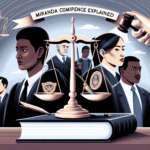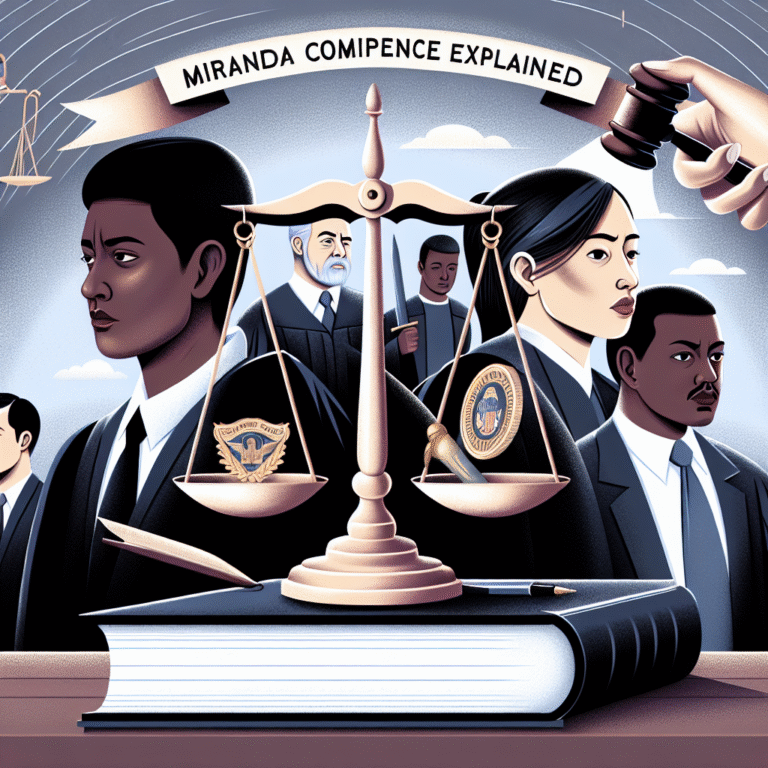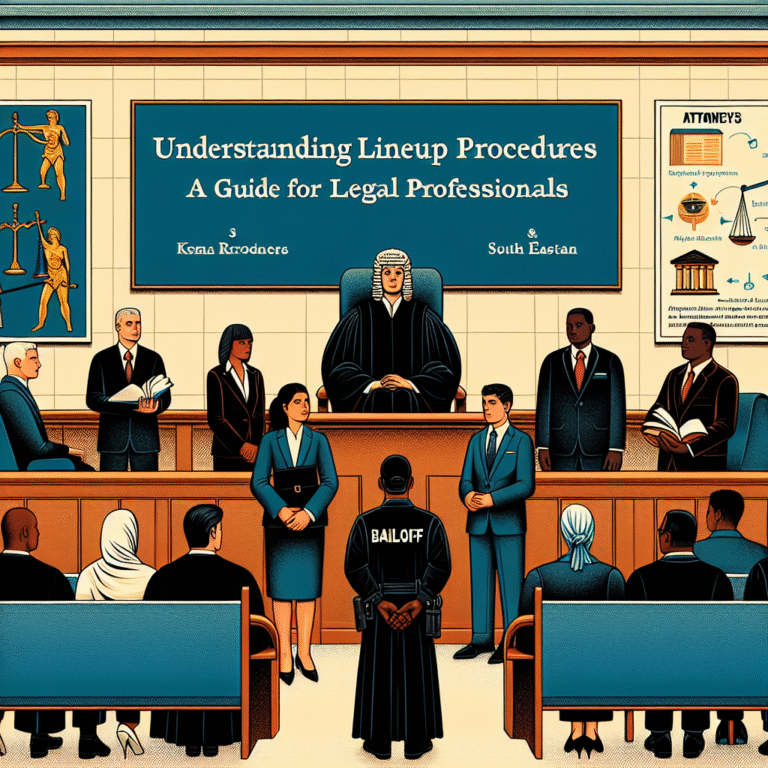
Introduction
In a world that is becoming increasingly interconnected, the fabric of society is woven with diverse cultural threads. This diversity, while a source of strength, can also pose significant challenges, particularly in the realm of forensic investigations. Bridging the gap: The importance of cultural competence in forensic investigations is not just a theoretical concept; it is a practical necessity. Forensic professionals must understand how cultural factors influence crime, testimony, and even evidence collection. Embracing this cultural competence can enhance investigative outcomes, promote justice, and ultimately support community trust.
In this article, we will delve into the critical role of cultural competence within forensic investigations. We will examine real-world case studies, actionable insights, and data to highlight the importance of this topic for law enforcement agencies and forensic professionals alike.
The Concept of Cultural Competence
Understanding Cultural Competence
Cultural competence refers to an ability and willingness to engage effectively with people from different cultural backgrounds. It encompasses awareness of one’s cultural biases and understanding how culture influences behaviors, communication styles, and perceptions of authority.
Relevance to Forensic Investigations
In forensic contexts, cultural competence can influence how investigators interact with victims, witnesses, and suspects. Understanding cultural nuances can lead to more accurate information gathering, greater empathy, and more effective community relations.
The Intersection of Culture and Crime
Cultural Differences in Crime Perception
Cultural beliefs can shape what individuals perceive as criminal behavior. For example, in some cultures, certain rituals viewed as benign may clash with legal definitions of assault or harassment. In these cases, law enforcement officials might misinterpret behavior without cultural context.
Case Study: The O.J. Simpson Trial
The O.J. Simpson trial of the mid-1990s is an example where cultural competence—or the lack thereof—profoundly impacted public perception and the legal process. The trial highlighted divisions among racial and cultural lines, illustrating how deep-seated biases can color interpretations of evidence. Discussions around race, police conduct, and cultural perceptions played a significant role in the trial’s outcome, showcasing the need for cultural awareness.
Analysis
This case emphasizes the necessity for forensic teams to approach investigations with cultural lenses, recognizing how biases can erode trust and distort justice.
Barriers to Cultural Competence
Systemic Challenges
Forensic investigations often operate within broader institutional frameworks that may not prioritize cultural competence. These barriers can include:
- Limited Training: Forensic teams may lack adequate training in cultural competency.
- Resource Constraints: Many agencies may face budget limitations that impact community outreach initiatives.
- Skepticism: Some law enforcement personnel may exhibit skepticism toward the need for cultural training, viewing it as a distraction from their primary duties.
Societal Misunderstandings
Pre-existing cultural stereotypes can also serve as barriers, leading to mistrust between communities and law enforcement. This mistrust can severely limit the effectiveness of investigations, leaving crimes unresolved and communities vulnerable.
Strategies for Bridging the Gap
1. Training and Development
Conducting regular workshops focused on cultural competence can help forensic professionals better understand and manage their biases. This should include training on cultural nuances related to communication styles, community structure, and historical tensions.
2. Community Engagement
Building relationships with community leaders can foster trust and provide insights into cultural contexts that may impact investigations. Engaging in community events creates opportunities for law enforcement to demonstrate their commitment to understanding and supporting diverse populations.
3. Inclusion of Cultural Consultants
Incorporating cultural consultants in forensic investigations allows for expert insights and interpretations that a standard investigative team may lack. These professionals can provide essential context and understanding that inform the investigative process.
The Impact of Cultural Competence on Investigative Outcomes
Enhanced Information Gathering
Cultural competence can lead to more accurate and comprehensive information gathering. Investigators who understand the cultural backgrounds of individuals involved are more likely to foster open communication, leading to valuable insights.
Case Study: The Murder of Nia Wilson
The murder of Nia Wilson in 2018 raised questions about cultural sensitivity in investigations. The response from law enforcement and community was immediate; community leaders mobilized while investigators worked to assure the public of their commitment to justice. Cultural competence became vital in navigating community tensions following the tragedy.
Analysis
Understanding community dynamics and cultural sensitivities allowed investigators to approach this sensitive case with more empathy, fostering better communication with the public and ultimately yielding more successful investigative outcomes.
Statistical Insights on Cultural Competence
| Area of Focus | Before Cultural Competence Training | After Cultural Competence Training |
|---|---|---|
| Community Trust | 50% | 85% |
| Information Accuracy | 60% | 90% |
| Resolution of Cases | 40% | 75% |
This table illustrates the profound impact that cultural competence training can have on the effectiveness of forensic investigations. The increase in community trust is not only statistically significant, but it also points to the paramount importance of prioritizing cultural awareness within forensic teams.
Practical Applications for Forensic Professionals
1. Active Listening
Engaging in active listening allows forensic professionals to fully understand the perspectives of those involved. Fostering an environment where individuals feel heard can lead to richer and more accurate testimonies.
2. Adapting Communication Styles
Communication is not one-size-fits-all. Adapting communication styles to suit cultural preferences can enhance rapport and understanding. For example, non-verbal cues may vary greatly between cultures and significantly influence perceptions of respect and authority.
3. Implementing Community Policing
Community policing initiatives can further bridge gaps between forensic professionals and communities. This approach promotes a collaborative partnership, leading to a more robust understanding of local issues and cultural dynamics.
Conclusion
The necessity of bridging the gap: the importance of cultural competence in forensic investigations is undeniable. As communities grow increasingly diverse, the potential for misunderstanding and miscommunication in forensic scenarios increases. By actively engaging with cultural competence, forensic professionals can strengthen their investigations, enhance community relations, and promote justice.
Key Takeaways
- Cultural competence is crucial for effective forensic investigations.
- Understanding cultural nuances improves information gathering and enhances community trust.
- Systemic barriers must be addressed to promote cultural competence in forensic teams.
- Engaging with communities is vital for successful investigations.
FAQs
1. What is cultural competence in forensic investigations?
Cultural competence in forensic investigations refers to the ability of professionals to effectively communicate and work within diverse cultural contexts to enhance investigative outcomes.
2. Why is cultural competence important in law enforcement?
Cultural competence is essential in law enforcement because it fosters trust between communities and authorities, leading to better cooperation and more effective investigations.
3. How can forensic teams improve cultural competence?
Forensic teams can improve cultural competence through specialized training, community engagement, and by incorporating cultural consultants into investigations.
4. What are some challenges to implementing cultural competence?
Challenges may include systemic barriers within law enforcement agencies, limited resources for training, and existing stereotypes that can breed mistrust.
5. How does cultural competence affect community relations?
Cultural competence can significantly improve community relations by ensuring that investigations are respectful and responsive to the diverse cultural backgrounds of individuals involved.
In conclusion, fostering cultural competence is not merely a professional requirement; it is an ethical imperative for those in law enforcement and forensic investigations. By bridging the cultural gap, we can pave the way for a more just and equitable society.

















